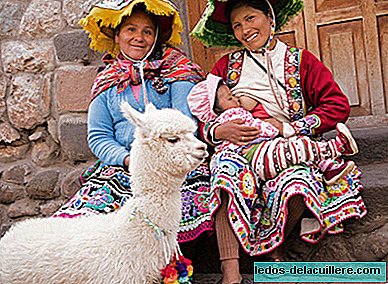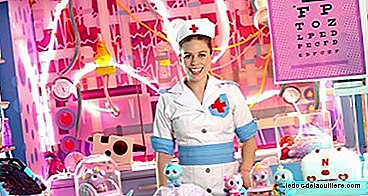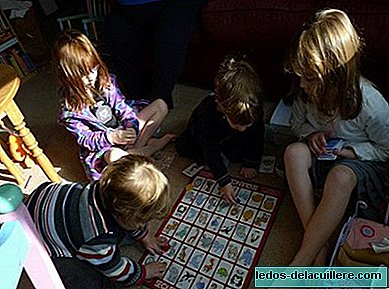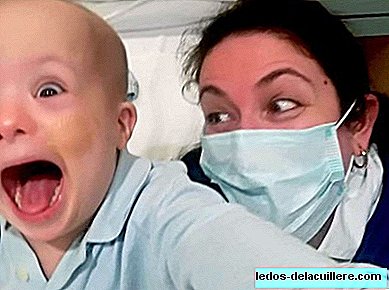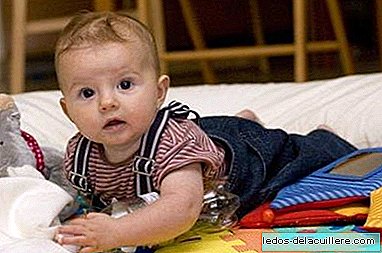
Precisely when we believe that being extremely neat we are benefiting our children we may be causing the opposite effect, because Babies with excessive hygiene are less protected babies.
There are parents who with the arrival of the baby to the family become obsessive of cleaning, but subjecting babies to excessive prophylaxis is counterproductive. Your immune system needs to learn to defend against various toxic substances and pathogenic microorganisms, and this learning is essential in the first years of life.
Being exposed to certain germs can help them create defenses in their body, as the immune system needs minimal doses of microbes to be active and healthy.
Some experts attribute the increase in cases of asthma and allergies in recent years to excessive hygiene in the child's environment.
Common sense is essential when we talk about children and hygiene. It is not necessary to disinfect the entire house, or use antibacterial products, it is enough that the house is clean and ventilated. The same when something falls to the ground. According to what is known as the five-second rule if we pick it up before the end of that time, that "something" is not officially dirty.
There is also some paranoia about the sterilization of pacifiers, teethers and bottles. Before six months it is recommended to sterilize pacifiers and bottles, whether you drink breast milk through a bottle or formula. As they grow they start to take everything to their mouths and their inume system gets stronger, so rinsing the pacifier with warm water if it has fallen to the ground is enough.
Pretending that the child never gets dirty or preventing him from coming into contact with something that may have germs is an exaggeration. In the end, Babies with excessive hygiene are less protected babies against microorganisms that cause diseases.
It is not about not being clean or neglecting hygiene, but about maintaining an acceptable level of hygiene and teaching children simple habits such as washing their hands frequently.



